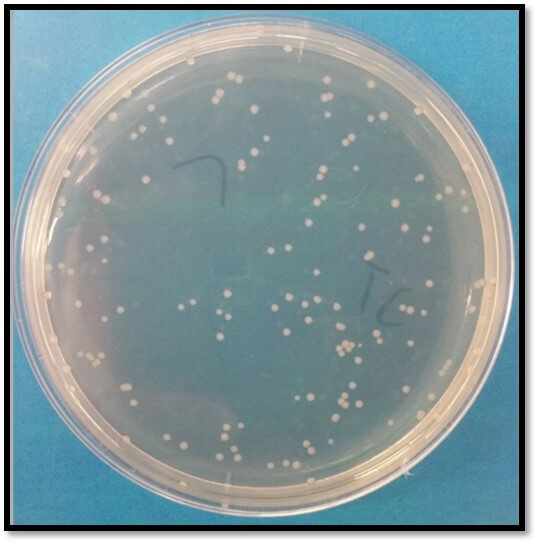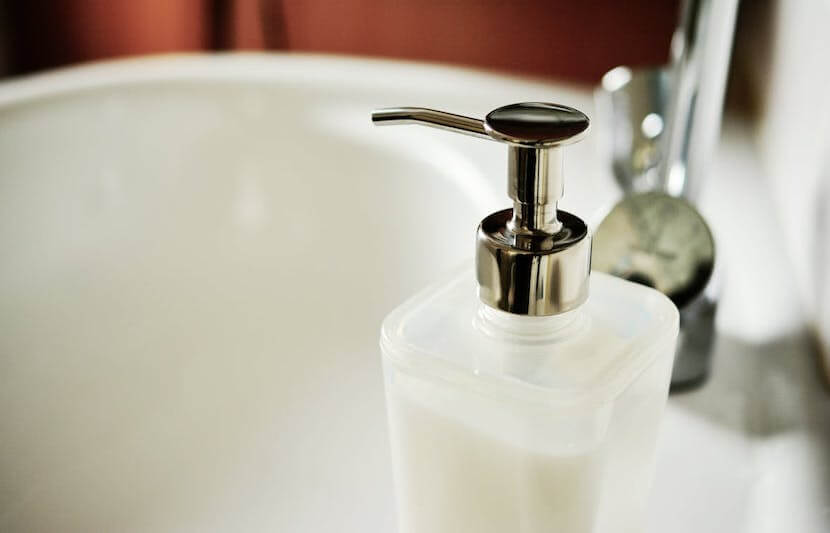Researchers from the University of Queensland (UQ) in Australia have discovered that an ingredient found in many of our personal hygiene products is contributing to antibiotic resistance.
The guilty ingredient, triclosan, is used in many toothpastes, soaps, detergents, cosmetics and surgical cleaning treatments.
In recent years, it has become apparent that overuse of antibiotics is causing superbugs. But, up until now, researchers were unaware that chemicals could also cause antibiotic resistance.
“The discovery should be a wake-up call to re-evaluate the potential impact of non-antibiotic chemicals on the dissemination of antibiotic resistance,” said Jianhua Guo, a senior research fellow from the Advanced Water Management Centre at UQ and lead author of the study.
The study
To test if triclosan accelerates the spread of antibiotic resistance, the researchers exposed the ingredient to E. coli bacteria.
The team observed the exposure for 30 days and found that the oxidative stress caused by triclosan caused genetic mutations in E. coli. bacteria.

“This discovery provides strong evidence that the triclosan found in personal care products that we use daily is accelerating the spread of antibiotic resistance,” Guo said in a statement.
The paper describing the study is published in the journal Environment International.
Motivation for the study
In previous studies, it was found that wastewater in residential areas had similar, if not higher, levels of antibiotic resistant bacteria compared to wastewater from a hospital, “where you would expect greater antibiotic concentrations,” said Guo.
“Thus, we wondered whether non-antibiotic, antimicrobial chemicals, such as triclosan, can directly induce antibiotic resistance, because triclosan could be ubiquitously detected in various water environments, like wastewater,” he continued.
Dangers of triclosan
Because products that contain triclosan are used so often, their residue is found at extremely high levels in the environment.
The paper indicates that 700,000 people worldwide are already dying every year from antimicrobial-resistant infections.
If nothing is done to slow down the use of triclosan, the annual global death toll will reach 10 million by 2050, according to the Review on Antimicrobial Resistance.
Political action
The U.S. Food and Drug Administration (FDA) banned the use of triclosan in antibacterial soaps in 2016, but the lack of scientific evidence, up until now that is, blocked similar policy decisions in other countries.
Backed by their study, the UQ team aims to inspire more government action to lessen human exposure to triclosan.
“More rigorous risk assessment should be conducted,” said Guo. “The policy makers need to consider such a concern.”
What’s next?
“Like antibiotics, if the misuse and overuse of triclosan is happening, the spread of antibiotic resistance might be more serious,” said Guo.
But there needs to be more evidence directly linking the effects of triclosan to the rise of antibiotic-resistant bacteria.
This needs to be done by “conducting animal experiments or mixed culture experiments,” said Guo.



